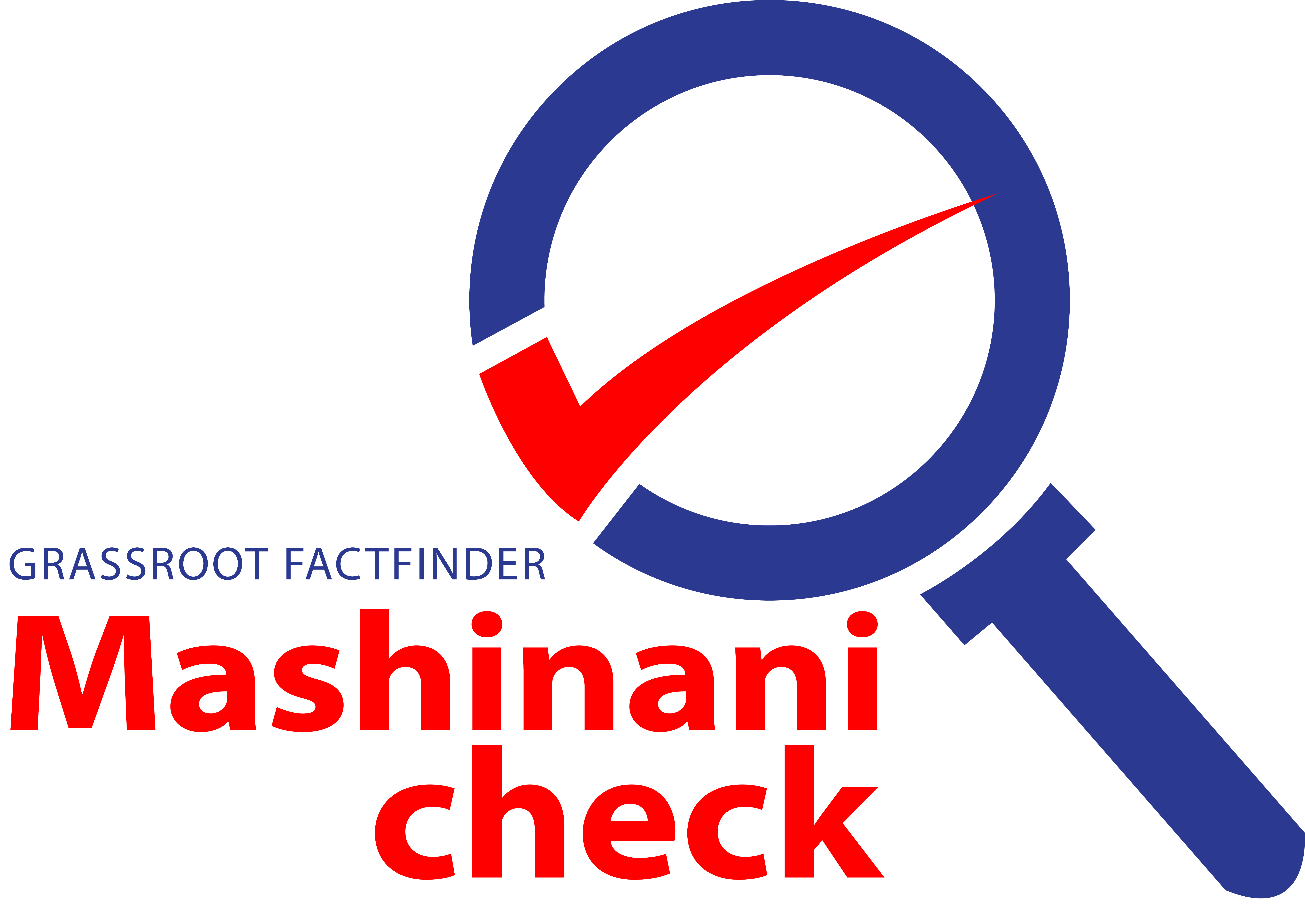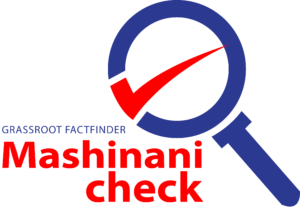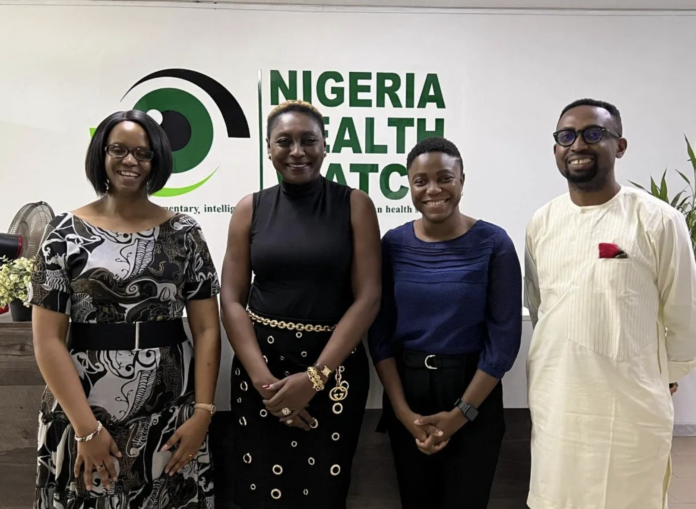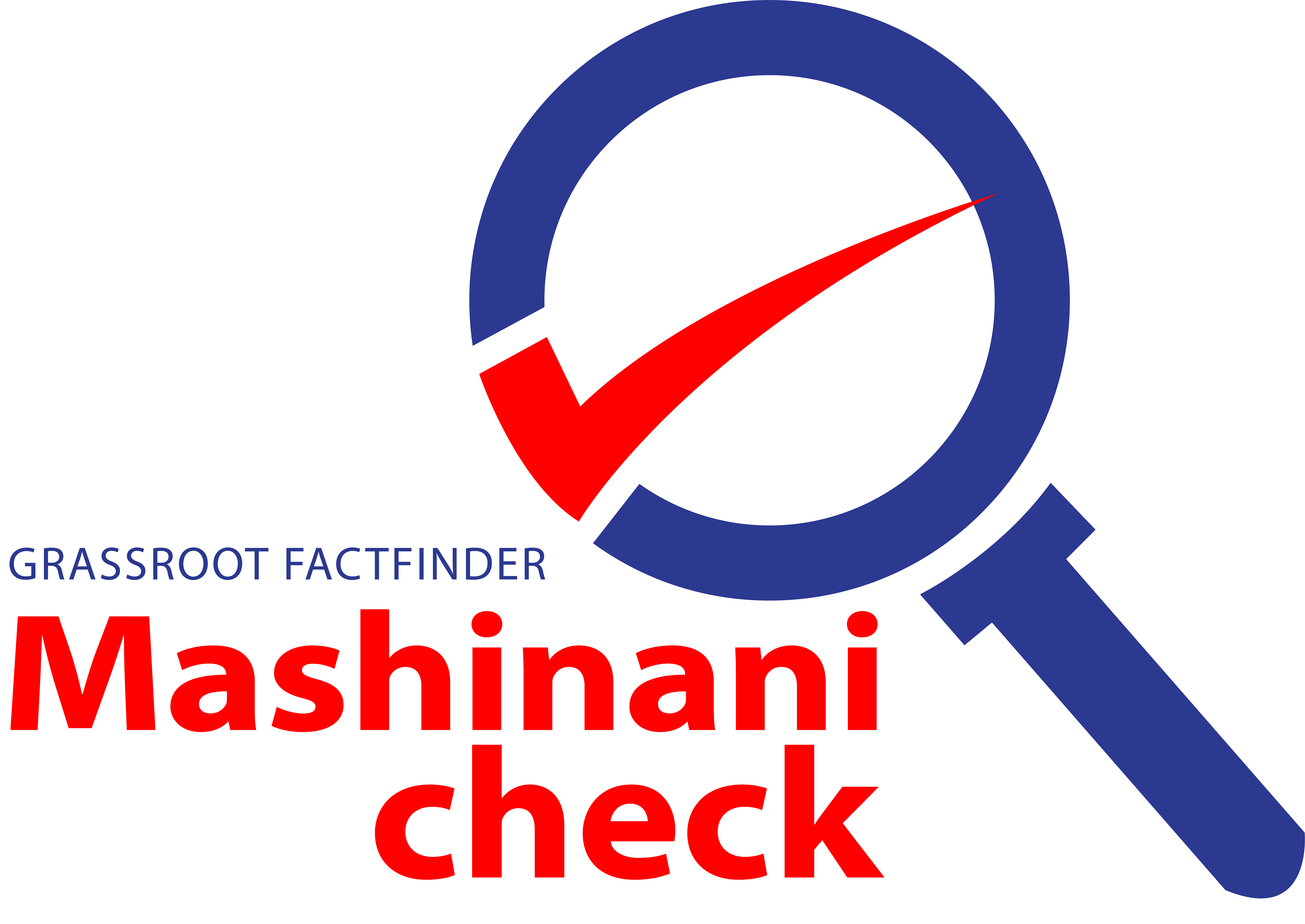By Ekpali Saint
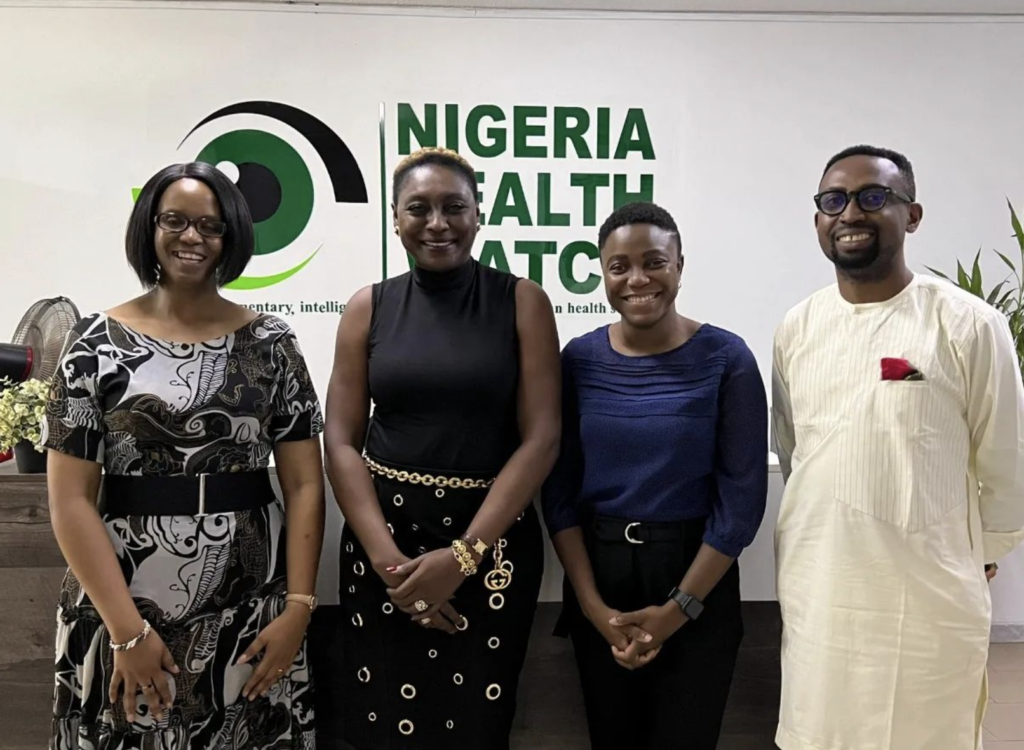
Around the world, health misinformation poses a serious challenge to public health. It is a big problem as it can cause confusion and frustrate public health efforts. In Nigeria for example, health misinformation during the Covid-19 pandemic led people to decline vaccines, reject public health measures, and use unproven treatments as seen during the Ebola disease outbreak in 2014 where people added salt into water believing it would kill the virus. Several lives were lost as a result.
But Nigeria Health Watch, a health communication and advocacy organisation that provides informed commentary and in-depth analysis of health issues in Nigeria, is helping to debunk misinformation around general health issues across various health topics.
With funding support from Meedan, Christian Aid, and the Bill and Melinda Gates Foundation, the organisation’s fact-checking team of four has continued to debunk misinformation and disinformation in Nigeria. The organisation disseminates fact-checked health information in multiple formats including videos, infographics, and texts.
When and how did Nigeria Health Watch (NHW) start debunking misinformation?
It started in 2020, during the Covid-19 pandemic. It started with Nigeria Health Watch supporting the Nigeria Centre for Disease Control and Prevention (NCDC) with strategic communication. We were one of the key partners that supported the NCDC in monitoring and conducting research to debunk misinformation.
Same year, we got a grant from Meedan, a global technology not-for-profit, to conduct fact-checking of health information around Covid-19. They have a database of researchers that we forward misinformation to for debunking and then when the debunks come back, we convert them to easy-digest formats like graphics, comics, and videos.
Why is NHW debunking misinformation around general health issues?
Misinformation is as old as the ages. It’s always been there, whether it’s in the form of myth or cultural norms. But it has become more rampant now, no thanks to globalisation and social media platforms. It spreads more rapidly than it used to, no longer by word of mouth from person to person. Now, in seconds, misinformation can go around in an entire community.
The thing with misinformation is when a person is misinformed about a public health issue, it affects their health behaviour; they are not likely to adhere to public health measures in the case of an epidemic or disease outbreak.
We seek to advocate for better health and better access to quality healthcare for Nigerians. Our mandate is to keep people informed about their health and Nigeria’s health sector, to empower them to make informed choices, and also demand accountability of their healthcare leaders and policymakers. We are debunking misinformation so people will be better informed about their health and make healthier choices.
What is NHW’s approach to debunking health misinformation in Nigeria?
Our process has evolved. Initially, it was supporting NCDC. But in 2022, we incorporated our in-house social listening mechanism into it – both online and offline.
Online, we leveraged AI tools such as YouScan – a social listening platform – to gather mentions and topics around health. Not just topics about the Covid-19 pandemic, but also immunisation, maternal and child health, sexual reproductive health, universal basic coverage, and nutrition. We gathered mentions around these key topics and then we developed in-house metrics that allowed us to identify misinformation and identify which misinformation should be debunked. We have criteria such as: whether it was harmful, if there was a lot of engagement, and whether it had the potential to spread.
The offline social listening was community-based and it was piloted in Niger State. Our sample size was about 400 community members across eight local government areas in Niger state. After collating misinformation, we conducted research, debunked it, and put out debunks via channels that have been identified by the communities. These channels include radio, traditional structures, and healthcare workers who are trusted sources of health information in these communities. We trained healthcare workers in November 2022 and they went to their health facilities and trained over 50 healthcare workers.
We also trained about 25 development community heads across the eight local government areas. We put them in a room and taught them how to identify misinformation. After the training, they went back to train other members of their communities.
After all that, we went back to conduct an assessment and compare what we found from the baseline. We found that those misinformed have reduced by over 30%. Those informed have increased by over 30%. We then identified that other structures needed strengthening, especially non-healthcare vendors. So we met with them in August 2023 where we had a workshop and did needs assessment and surveys.
What impacts and level of success would you say NHW has recorded so far?
We have produced over 40 infographics, a few videos, and a web series on YouTube called The Medics, which is focused on debunking misinformation about prostate cancer which was identified by social listening.
What major challenges would you say you face?
There is what the artificial intelligence (AI) tools do for you and there is what human beings must also do. The AI tools are not so intelligent that they will identify misinformation for you. It brings you all sorts of mentions. You need a man-pool to sieve through what the AI brings, make sense of it, identify which one is misinformation, and identify which one you want to debunk using the metrics.
For the offline, we selected eight of 25 local government areas because of the security threat in Niger State at the time. We realised that our findings might not be representative of the entire Niger community which is why we did not generalise results.
To disseminate debunks, we selected radio stations covering the selected local government areas. Also, our interventions and training of traditional rulers were only in the selected local governments.
What is NHW’s ambitious plan for debunking health misinformation?
One of the things we hope to do is to have a dashboard that will be viewed at different levels, including federal and state, where you can monitor health misinformation across focus issues in real-time and also put out debunks in real-time.
Source, Jamlab.Africa
